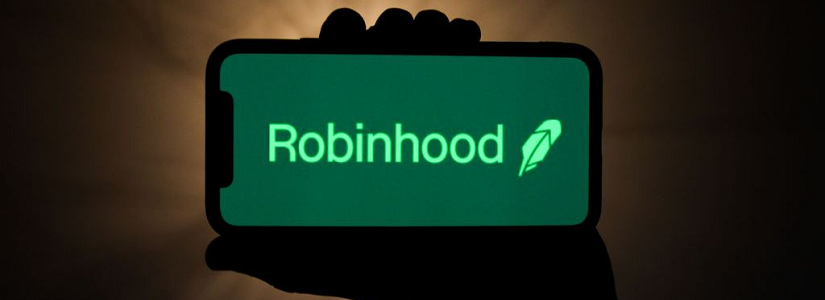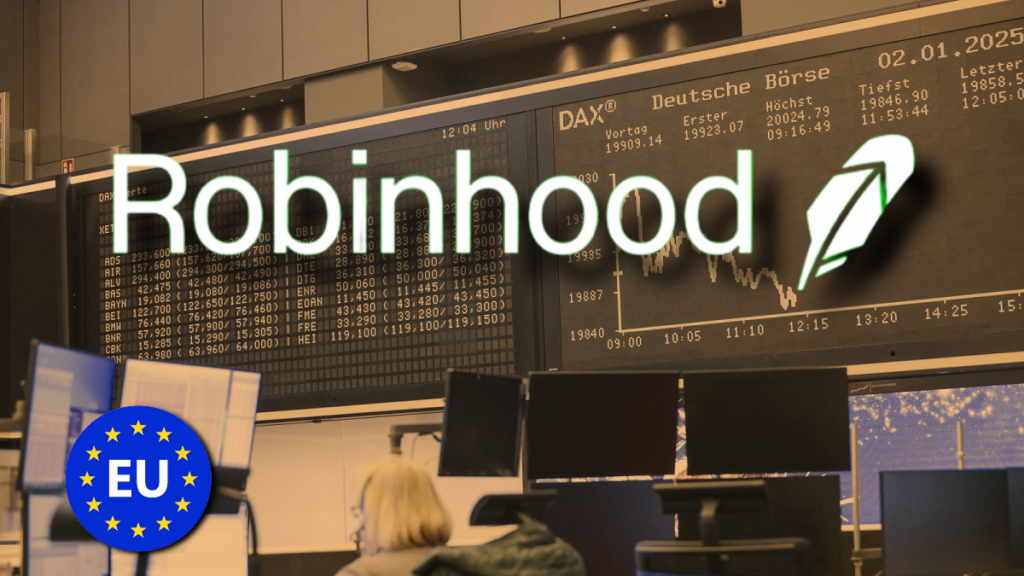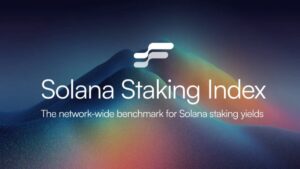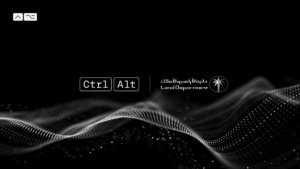TL;DR
- Robinhood has obtained a brokerage license in Lithuania, enabling it to expand its services within the EU and offer stock trading.
- The company is developing a blockchain-based platform that will allow European investors to access US securities, including stocks.
- Additionally, Robinhood is considering partnerships with blockchain networks like Arbitrum and Solana for this innovative project.
Robinhood, a platform known for its cryptocurrency trading services, has taken an important step by recently obtaining a brokerage license in Lithuania. This license will allow the company to expand its services within the European Union (EU), where it now plans to offer stock trading in addition to its existing cryptocurrency offerings. This expansion is a sign of how the company continues to grow its presence in the European market, capitalizing on the region’s growing appetite for digital assets and the opportunities in traditional financial markets, particularly through the use of blockchain technology.
Blockchain for Tokenized Traditional Assets
According to reports from Bloomberg, Robinhood is developing a platform that will use blockchain to allow European investors to access US securities, including stocks. The company is in talks with several digital asset firms, and among the blockchain networks it is evaluating for this project are Arbitrum and Solana, both of which offer faster and more affordable solutions for transaction settlement. These advances clearly indicate how blockchain technology is transforming the way traditional assets like stocks can be traded in a more efficient, cost-effective, and secure manner, benefiting investors worldwide.
A Diversified Strategy Beyond Cryptocurrencies
Despite the impressive growth of its cryptocurrency business, Robinhood aims to diversify its revenue sources. According to CEO Vlad Tenev, the company seeks to reduce its reliance on cryptocurrency transaction volumes over time. While cryptocurrencies remain a key pillar of its business model, Robinhood is also betting on blockchain-based financial products, highlighting its strategic approach to positioning itself as an all-encompassing platform for both traditional and digital markets.

Additionally, the company is in the process of acquiring cryptocurrency exchange Bitstamp, which would strengthen its position in the crypto derivatives market in Europe.
Robinhood’s move to use blockchain technology for trading traditional assets could be a pivotal step in capturing the growing interest in tokenized assets across Europe. The region is increasingly focused on Web3 technologies, and the growing adoption of blockchain by financial institutions is a trend that the company is keen to capitalize on, bringing new opportunities to a much larger pool of global investors.










